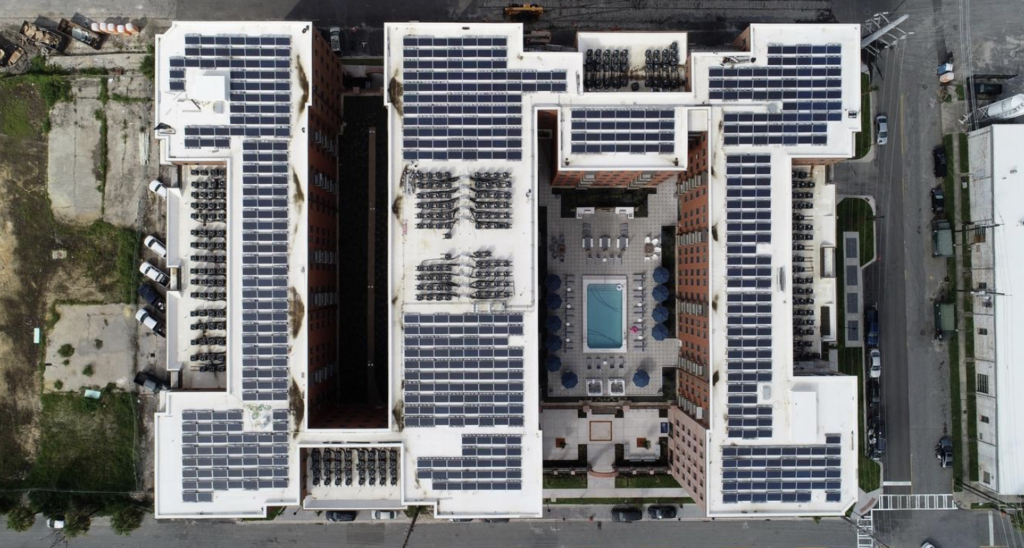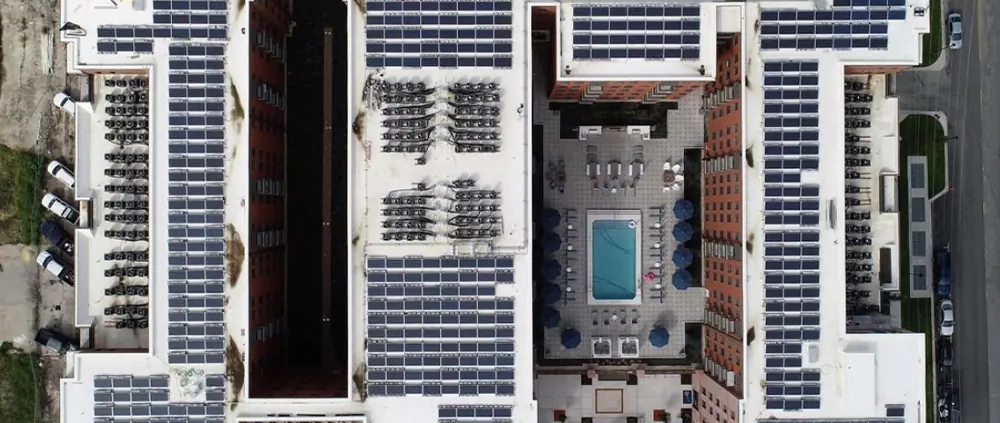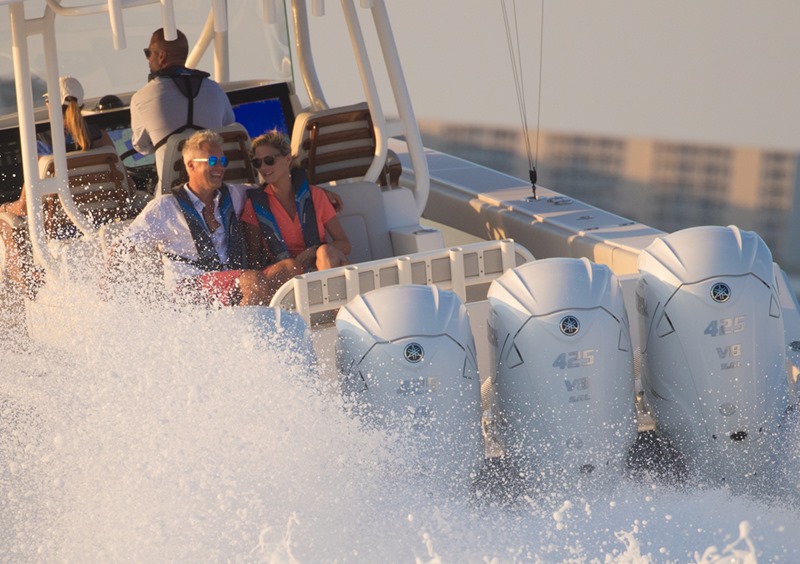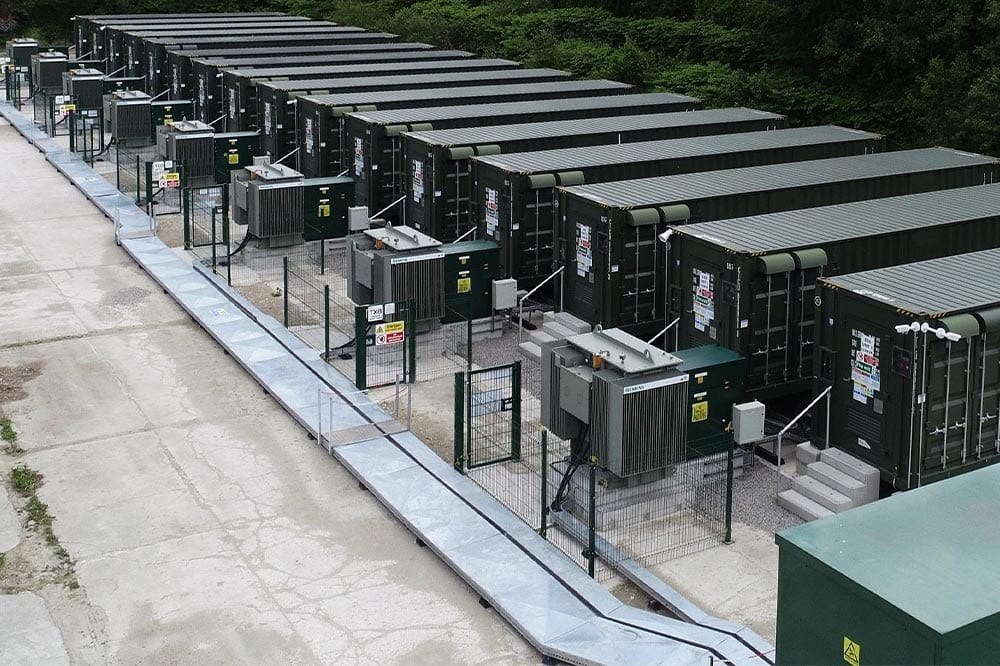Solar addition gives The Baxly the biggest rooftop array in Savannah’s Historic District
 To grow an extra story on your luxury mid-rise apartment building, add solar.
To grow an extra story on your luxury mid-rise apartment building, add solar.
That’s what The Baxly did, working with the city of Savannah to gain enough green credits through solar and other features, including a vegetated courtyard, to upgrade its six-story building to a seven-story one.
That’s about 45 additional luxury apartments, with rents starting at $1,549 a month plus utilities for a studio. The Baxly houses 275 apartments in all.
There was no further tax incentive for the solar, said Emanuel Neuman, co-founding principal of Spandrel Development Partners, which developed the mixed-use project.
“For us it was enough to get the additional density and the potential to have cost savings with our common area utility bill,” he said.
The rooftop solar array is the largest solar array of any multi-family building in the Savannah Downtown Historic District, covering nearly a full block of roof space on Indian Street in the new Power Plant District just east of the Talmadge Bridge.
Atlanta-based VeloSolar installed the 575 panels, which will produce enough electricity to power about 22 average homes, said H. Britt Lothridge, director of sales. At the Baxly it will heat, cool and light common areas such as hallways and the amenities like the heated saltwater pool, wine storage and tasting lounge, co-working space, and tool and craft shop.
Velo used Boviet 320-watt panels manufactured in Vietnam for the rooftop solar farm.
VeloSolar focuses primarily on small utility grade projects as well as commercial systems, such as The Baxly, Lothbridge said.
“As far as Savannah goes we recently completed an install on a roof of a newly constructed hotel and we did two installs for J.C. Lewis Ford (Hinesville & Statesboro),” he wrote in an email.
With the success of The Baxly, New York- and Charleston-based Spandrel Development Partners is looking at putting solar on a project in Raleigh now.
“We think that if we can build it, and if it can be accretive, meaning it doesn’t necessarily cost the project money, but it’s net neutral because of the money that it reduces your electricity bill and any tax credits that go along with it, we want to do it every time we can,” Neuman said.
Article and photo from: www.savannahnow.com
Written by Mary Landers, 9/15/20





